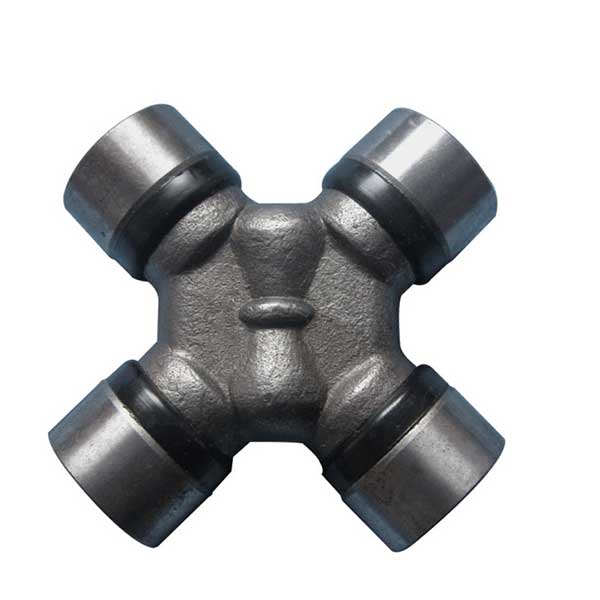ANALYSIS OF TECHNICAL CHARACTERISTICS OF FORGED SHAFT FORGINGS
Forging is a processing method that uses forging machinery to apply pressure to metal blanks to cause plastic deformation to obtain shaft forgings with certain mechanical properties, certain shapes and sizes. Forging and stamping belong to the nature of plastic processing, collectively referred to as forging. Forging is a common forming method in mechanical manufacturing. The as-cast looseness and welding holes of the metal can be eliminated by forging, and the mechanical properties of forgings are generally better than castings of the same material. For important parts with high load and severe working conditions in machinery, forgings are mostly used except for plates, profiles or weldments that can be rolled with simple shapes.
The recrystallization temperature of steel is about 460°C, but 800°C is generally used as the dividing line, and hot forging is above 800°C; it is called warm forging or semi-hot forging between 300 and 800°C.

Forging can be divided into cold forging and hot forging according to the temperature of the blank during processing. Cold forging is generally processed at room temperature, and hot forging is processed at a temperature higher than the recrystallization temperature of the blank metal. Sometimes it is also called warm forging when it is heated but the temperature does not exceed the recrystallization temperature. However, this division is not completely uniform in production.
…
For details, click to visit:https://www.gold-emperor.com/technology-of-forging-shaft-forgings/


